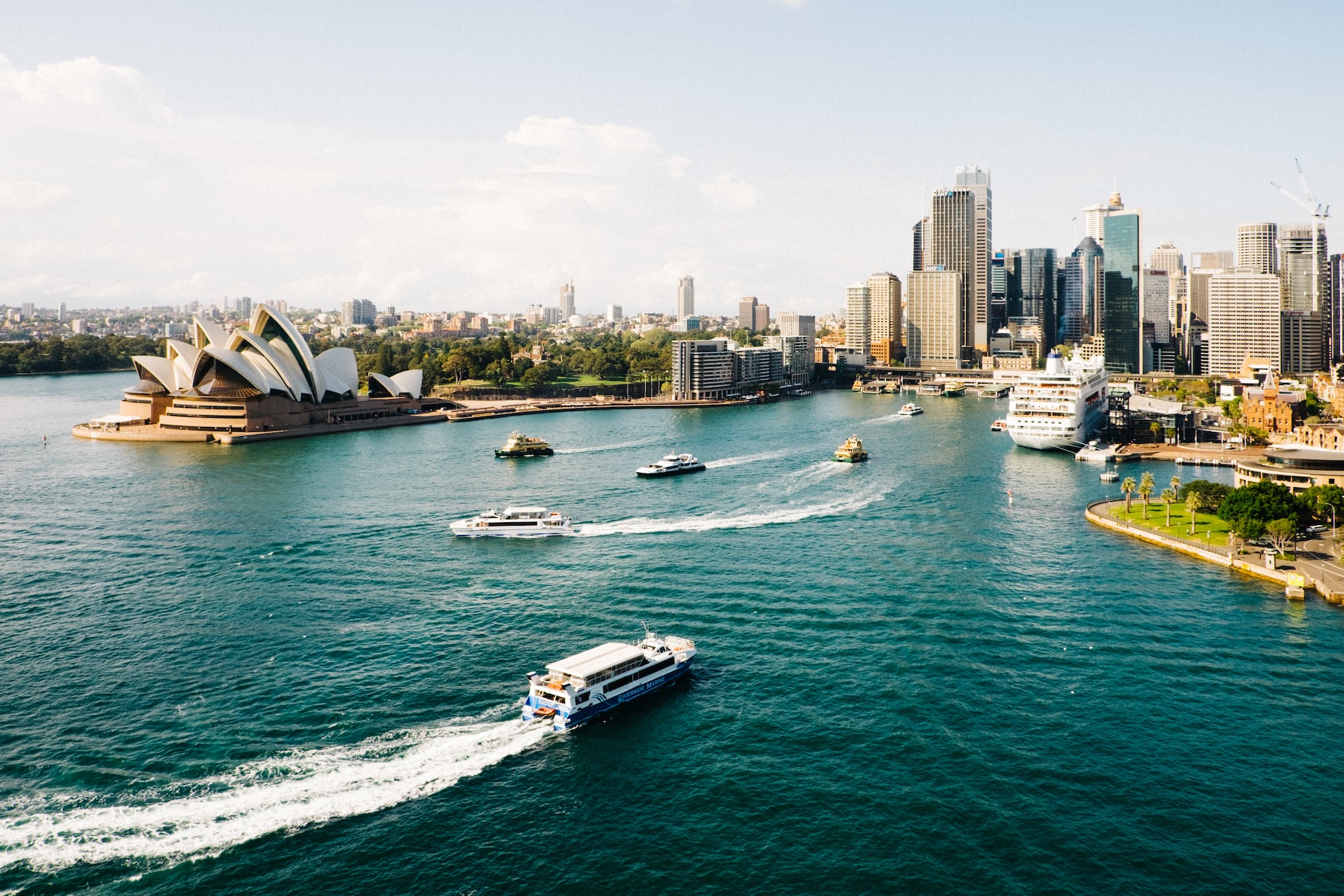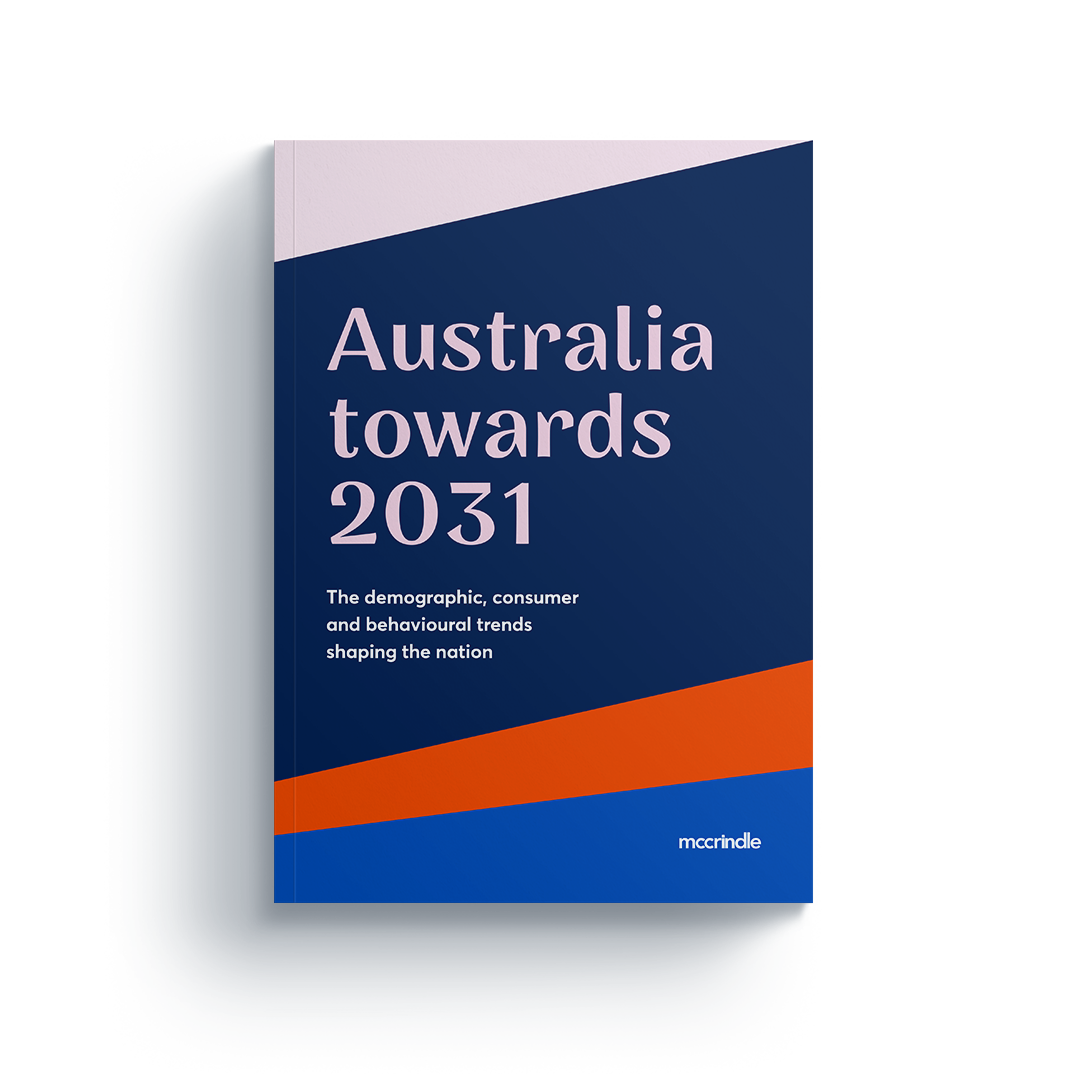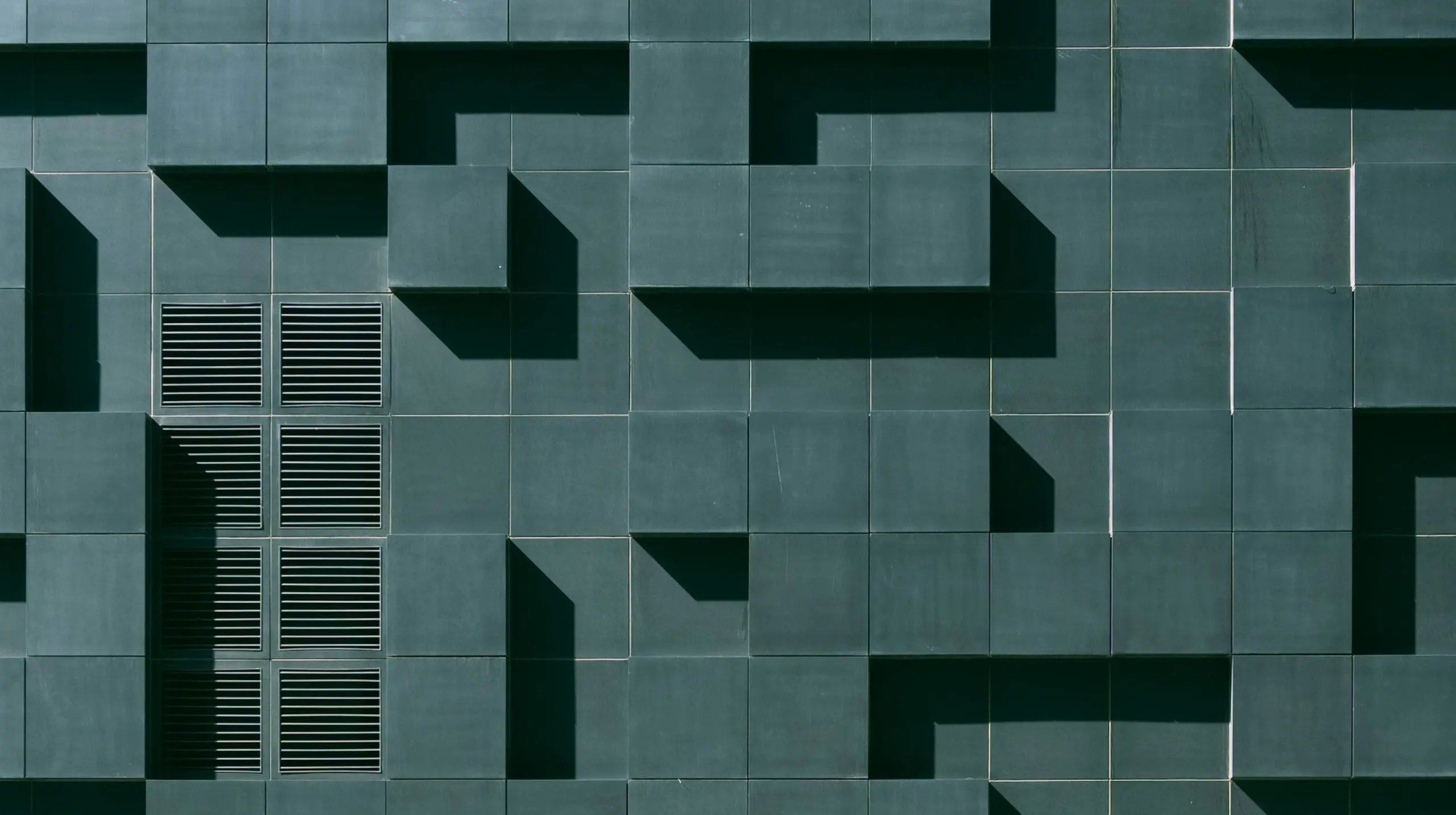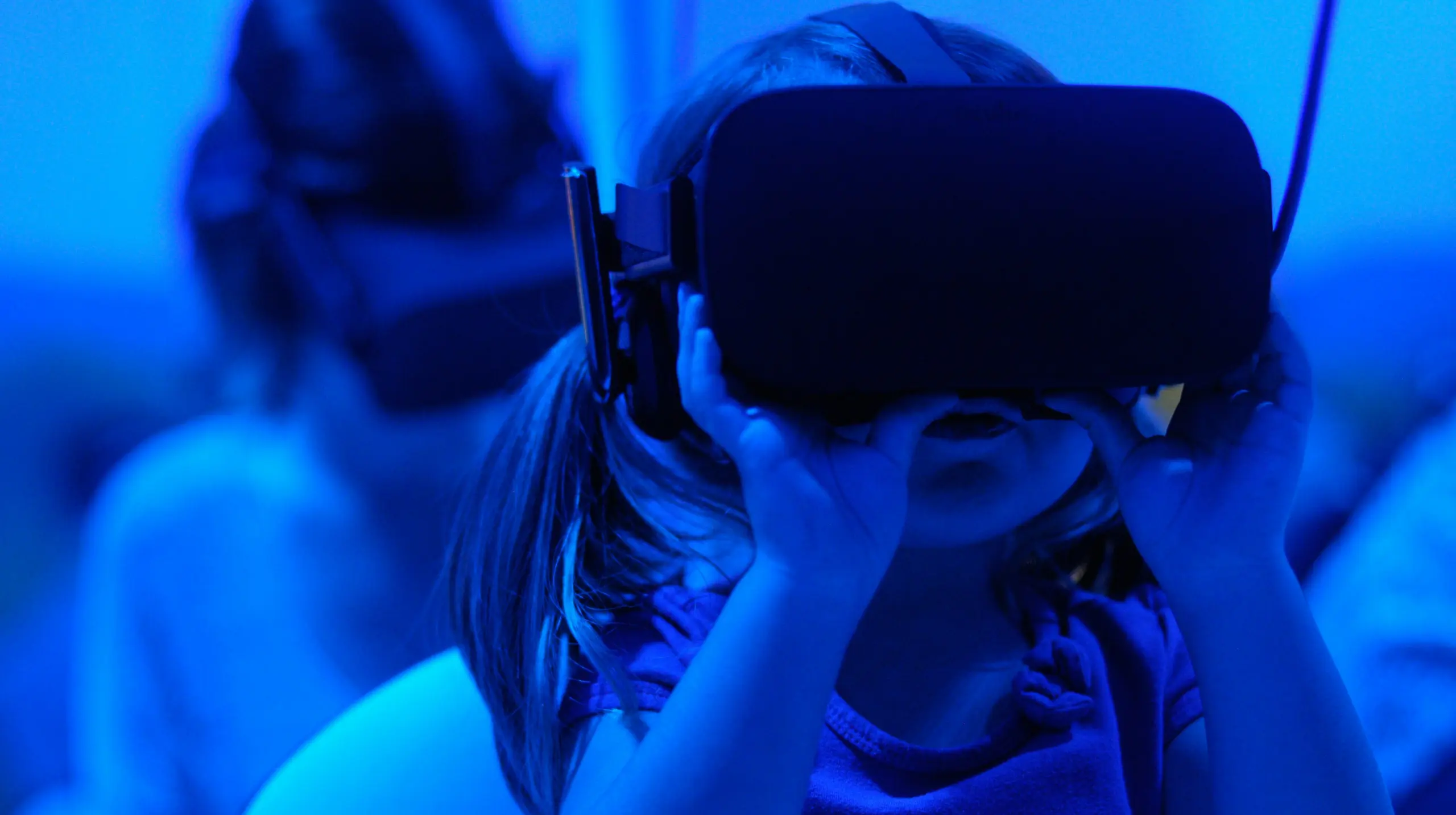Demographics
Australia Redefined: A Snapshot of 21st Century Australia

In the lead up to Australia Day, Social Researcher Mark McCrindle reveals research from national surveys and focus groups on how we see ourselves as we head towards the end of the second decade of the 21st Century.
Traditional Australia may have been known for its beach and the burbs, but in recent years our national identity has shifted. Australia today is loved for more than its sweeping plains and far horizons. Certainly, the old affections run deep however there is more discussion today on Australia as a cultural hub, a fashion destination and a nation hosting iconic events.
Australians are comfortable in their own skin – embracing of this sunburnt country with all its iconic landmarks, yet proud of the cultural achievements and events, many of which are renowned internationally. There’s an understated confidence that welcomes the world to this unique landscape, yet has the posture to proudly list off our cultural achievements.
With most of our permanent arrivals today being from Asia – the demographic epicentre of the world – Australia is geographically and from a migration perspective strategically placed. Our cultural identity is being interpreted beyond just the beach or sport. The cultural mix is now in our national DNA, it’s part of our lifestyle – it’s who we are. The fact that more than 1 in 4 of us weren’t born here seems unremarkable – as though it has always been thus.
Australians today celebrate the richness of our lifestyle that comes through the input of so many cultures. What it means to be Australian has morphed to meet the challenges and diversity of our changing times. Australians hold strongly to an identity and “Aussie values”, yet these are more sophisticated and mature and represent our place in a world of global interactions.
Australia redefined: the changing national identity
Our place in the world
From a sense of isolation, the island continent separated from Europe and the US has emerged with connected, global cities. Our part in the world in the Asia Pacific region is on the rim of Asia, the new demographic and economic epicentre of the world
The Australian psyche
From the ocker, dinki-di clichés and a noticeable cultural cringe to a national self-confidence, professionalism and a more sophisticated Australian pride.
Australian values & characteristics
From cobbers, blokes and mates to a recognition of the importance of a connected, diverse community. From anti-authority to an appreciation of the support and safety offered by our sophisticated society.
Attitude and work ethic
From land of the long weekend to a hard working yet casual approach to work. It is a “no worries- we can sort it out” can-do attitude that dominates. From the tall poppy syndrome to a place that celebrates local success and achieves world-class results in a social, relaxed work culture.
Brand Australia
From beer, barbies and meat pies to a cosmopolitan, urban, café-culture. It is a nation with its own global cities, with leading edge technology, a regional business hub known for innovations and international success beyond the sporting field.
Rising living costs is the top concern for Aussies
Although described as ‘the lucky country’, living in Australia doesn’t come without some personal and financial struggle. Rising living costs is the top concern for Aussies today, followed by housing affordability and economic stability, which top the list of Aussies greatest concerns, according to a recent survey we conducted of 1,013 Australians. This is especially the case for people living in major cities as population growth and migration drive up house prices and living costs.
Aussies top concerns
- Rising living costs (85%)
- Housing affordability (76%)
- Economic instability (73%)
- Privacy and cyber security (73%)
- Global terrorism (71%).
Looking to the future, Aussies are concerned
Despite being ranked as one of the top 10 countries to live in the world in the ‘Over All Best Countries Ranking’, 52% of Aussies not only think life is worse now than 3 years ago, but also think it will be worse in 3 years’ time.
Rising living costs, housing affordability and economic stability may be some causal factors. Living costs in the cities of Sydney, Melbourne, Adelaide and Hobart are indeed rising faster than the rest of world. Despite these concerns, there is still a self-assuredness of our place globally and an acceptance of our traditions, history and Australian Spirit, beyond the clichés which used to define this nation.
The last five years have seen unprecedented change economically, generationally and technologically and most experts agree that Australia has weathered the storm well. Our climate, mid-sized population, education, proximity to Asia, historical connections with the likes of America and England, our entrepreneurial spirit and most of all our diversity yet unity in our communities mean the future looks good as long as we continue to plan for the growth.





